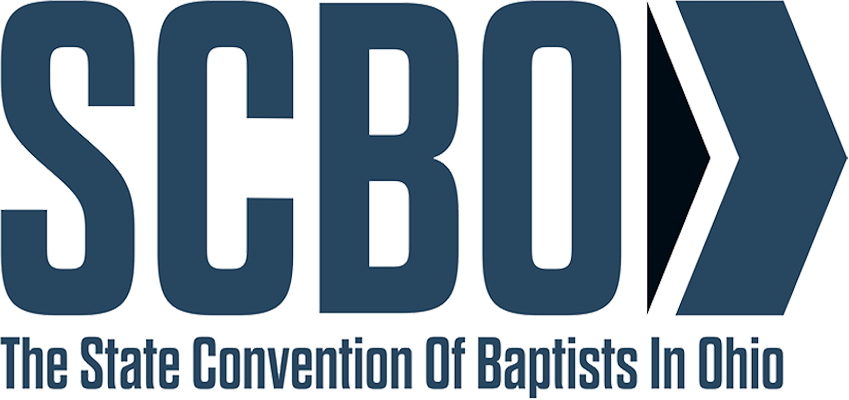First Friday Fast 2020 August: Pray 714!
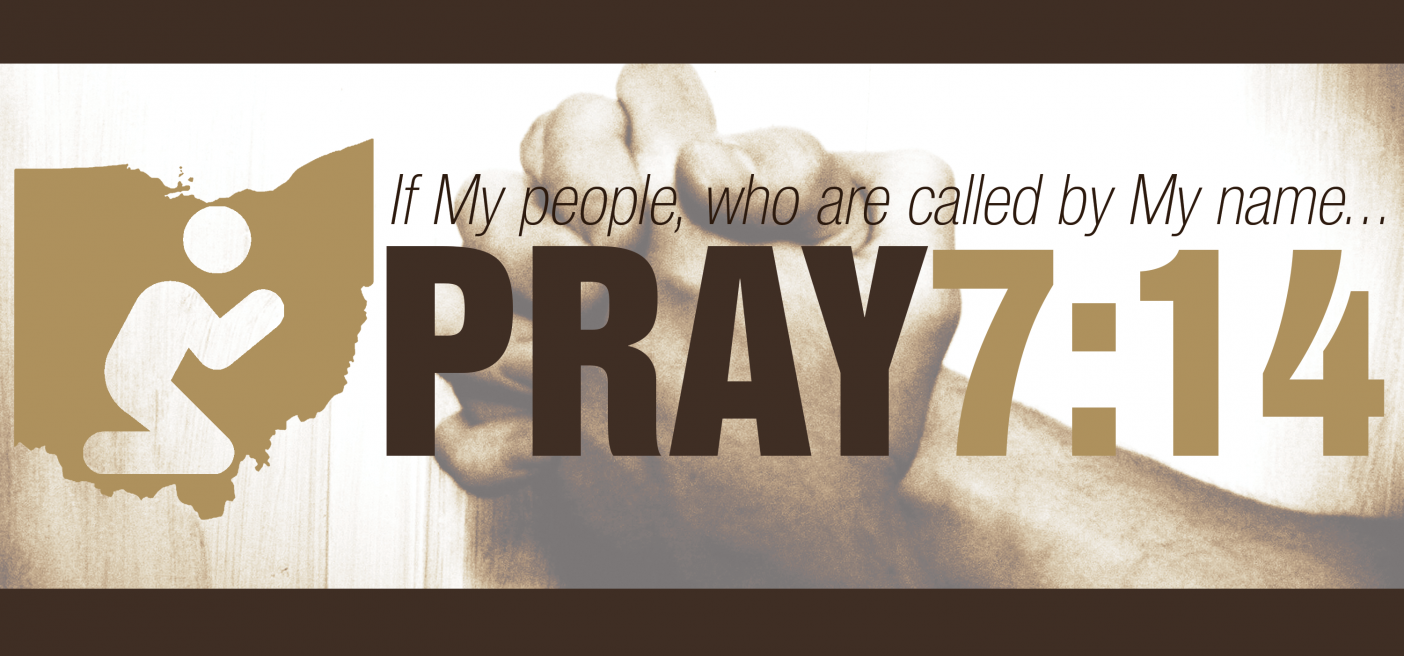
When SCBO president Ryan Strother announced the First Friday Fast 2020 initiative at our annual meeting last November, COVID-19 was not in our vocabulary. When I thought of face masks, it was about football. George Floyd died under the knee of a police officer, the cry for liberty and justice for all again challenges our nation. We anticipated 2020 to be a divisive year because of the election, still an issue, but now just one of many.
Friday, August 7, marks our eighth day of prayer and fasting in 2020. We continue to pray for the five prompts of the initiative; the prayer for awakening seems urgent. Will the current physical, social, political, economic, and cultural circumstances cause us to cry out for revival? It must.
Recently I read the account of the Asbury revival in 1970. (One Divine Moment: The Account of the Asbury Revival of 1970) Robert Coleman wrote in the forward:
One of these divine moments came on February 3, 1970. The visitation occurred in Wilmore, Kentucky, a small town near Lexington. While many students across America were burning down buildings and rioting in the streets, students in this college community were strangely drawn to their knees to pray. (p. 10)
Harold Spann, Assistant to the President, Asbury College writes in a chapter titled “Crisis and Opportunity:”
Our day is one of confusion and disillusionment. The optimism of the early part of the twentieth century has been destroyed by the harsh realities of a warring world. The question in the theological circles now is whether there is any basis for hope. The theologians search. The secular world wonders. The institutions which have been the heart of our society and our glory are now under brutal attack. The foundations tremble. Old norms are challenged. Many want to determine their own laws. The darkness has deepened, and man has lost his way. Worse—he has lost his nerve. (p. 82)
"Anytime you see revival, you can always point back to some praying figures," says Tim Beougher, Billy Graham professor of evangelism and church growth at The Southern Baptist Theological Seminary. Beougher also notes the revival came during a time of intense unrest in America, particularly among students. Demonstrations were taking place at universities nationwide. In May of 1970, several unarmed students were shot and killed at Kent State University. Multiple universities canceled their spring commencement exercises for fear of violence. (Baptist Press Article)
Daniel Henderson writes in How to Pray in a Crisis: A 4-Step Guide to Renewal:
“We learn to pray with renewed dependence, even desperation, in a season of crisis. … I believe that most people, at a deep level, want to be a vital part of a divine moment when supernatural things happen and life as we know it permanently changes for the sake of the gospel. … Our instinctive reactions to a crisis often pull back the covers on our concealed insecurities, doubts, and vulnerable places in our faith. … Christ often strips away the superficial, the tangential, the unreliable—and drives us to the things that matter most. …[E]xtraordinary prayer as taught and modeled in the New Testament… has been historically linked to seasons of spiritual awakening, especially in times of crisis.” (p. 12-15)
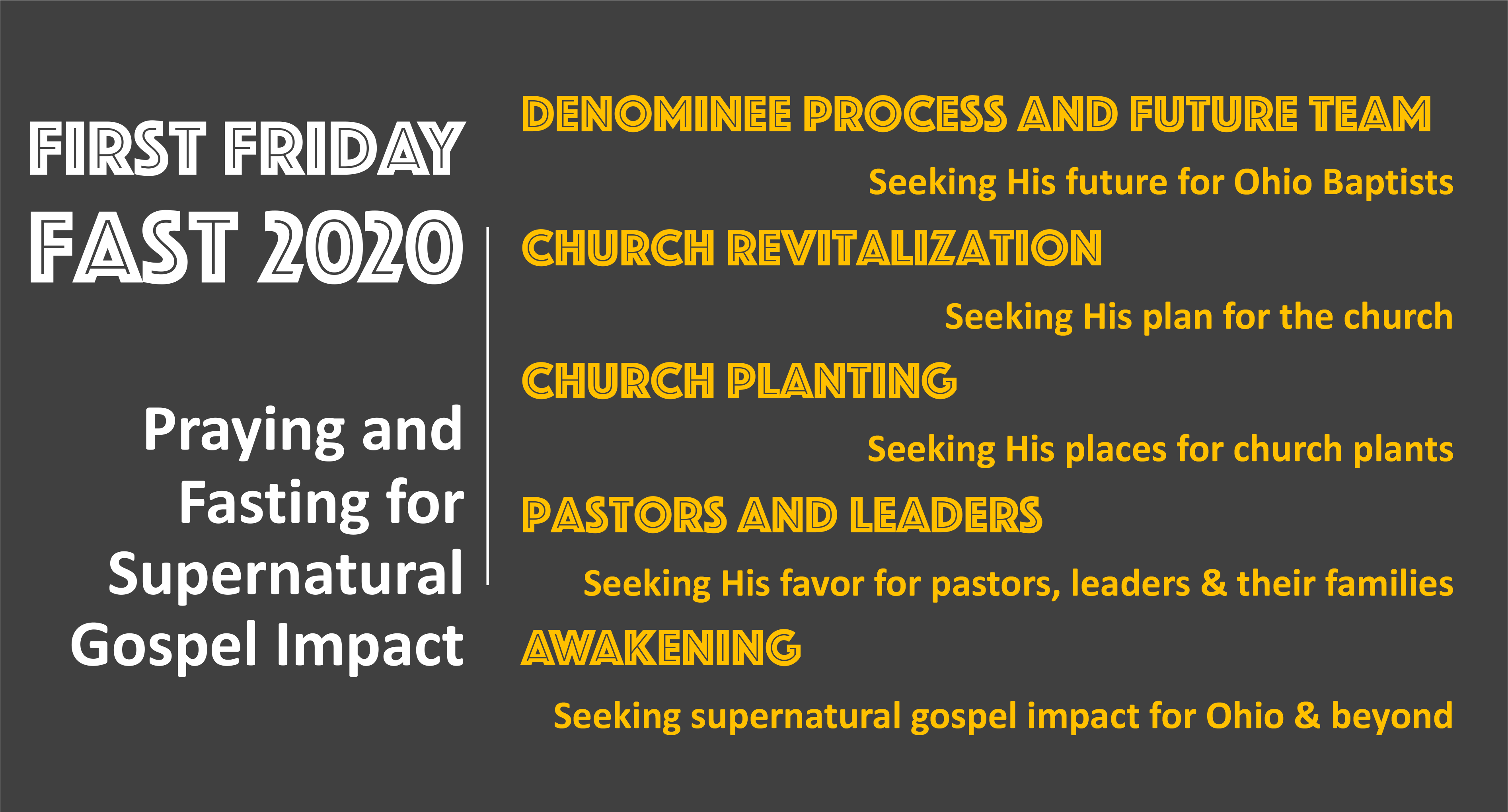
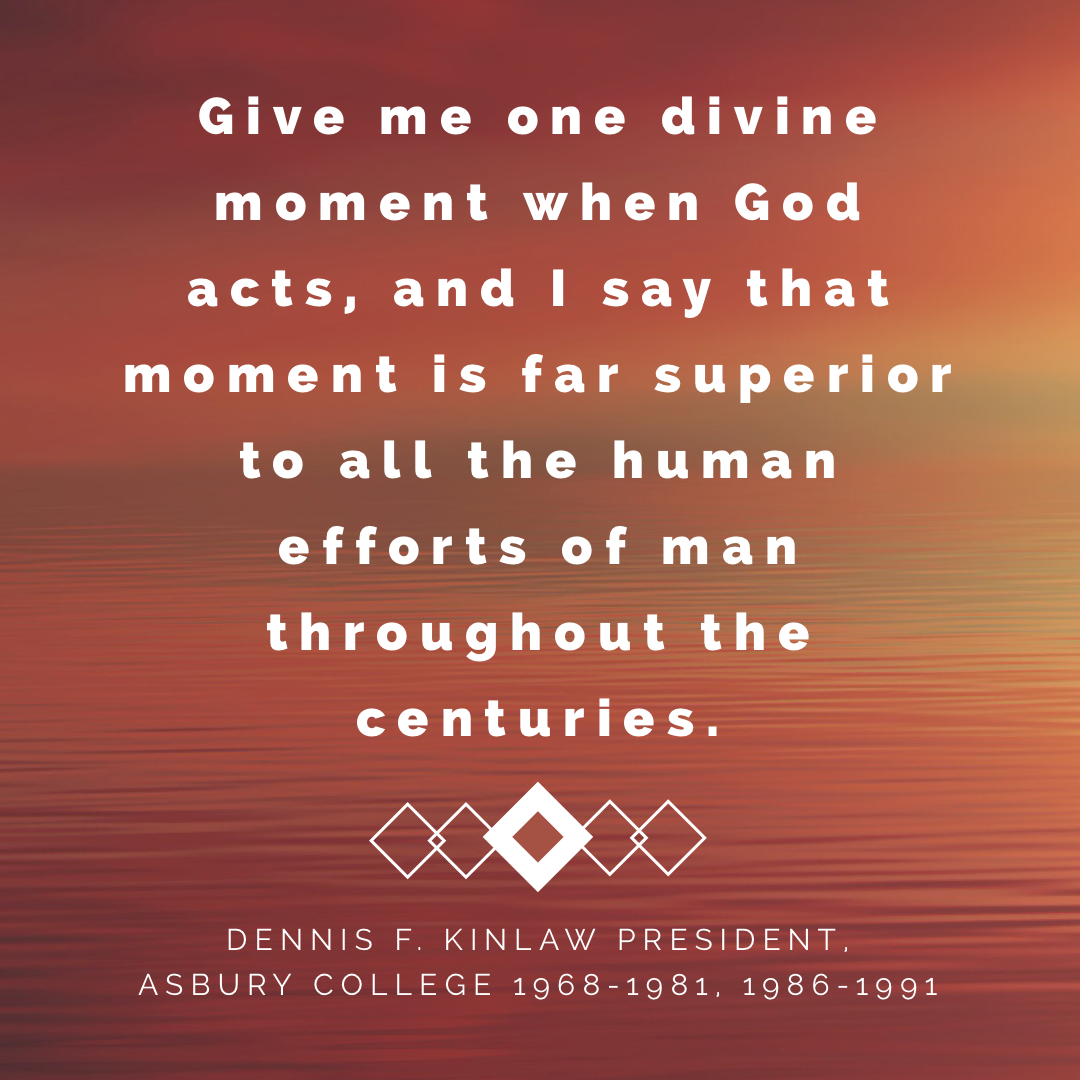
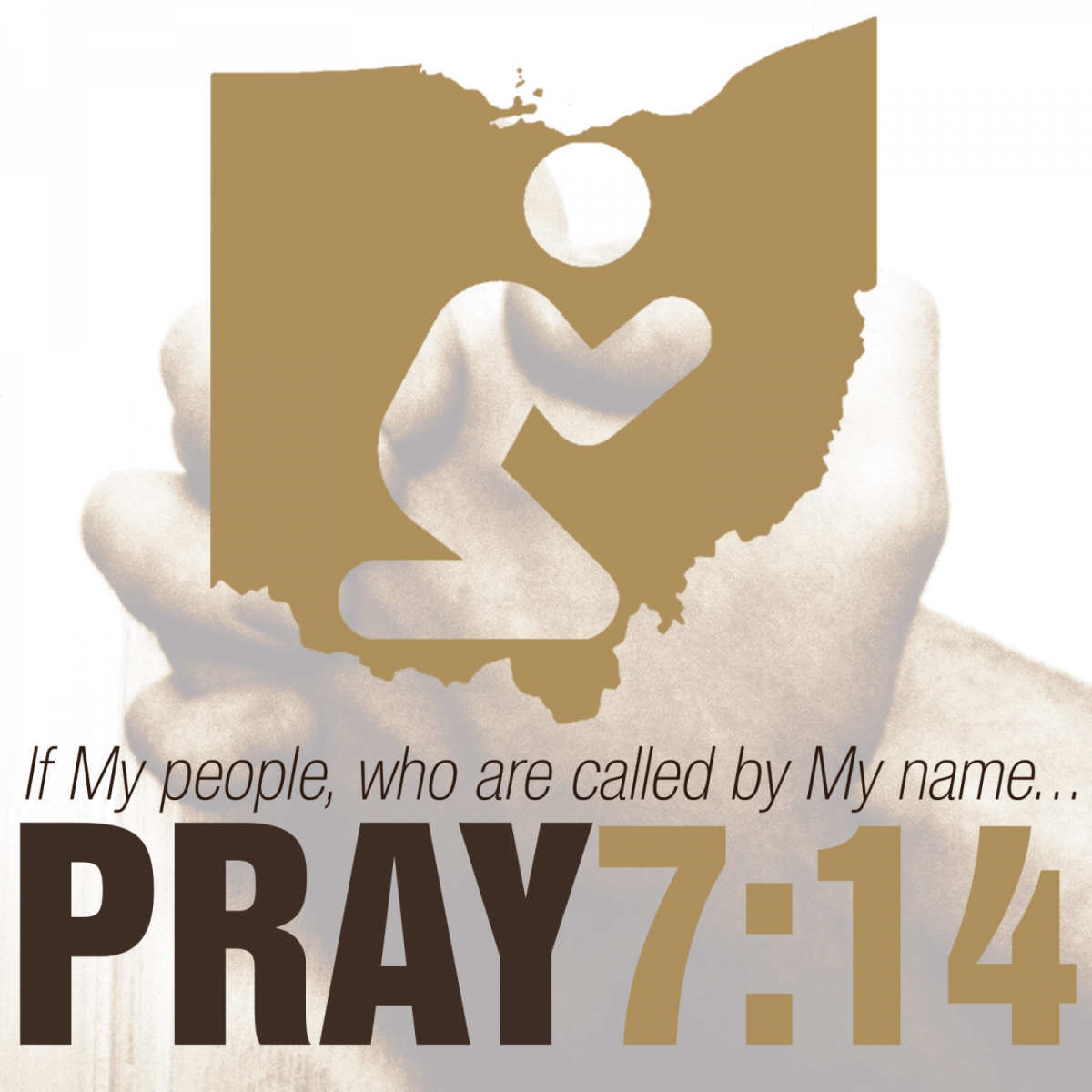
See the attachment below for a prayer guide based on 2 Chronicles 7:14
Check out the DropBox First Friday Fast 2020 Showcase for resources on prayer and fasting.
FIRST FRIDAY FAST 2020 ResourcesDonald Whitney writes:
Perhaps no year in modern history so parallels the turmoil of 2020 than 1968. The assassinations of Martin Luther King, Jr., and Robert F. Kennedy, the widespread riots, the major cities aflame (literally and socially) with racial tensions, the political turmoil of an election year epitomized by the violence surrounding the Democratic National Convention, the marches and demonstrations against the unpopular Vietnam War—all these were embroiling and dividing America in 1968.
There was even a global pandemic: the Hong Kong flu killed more than a million people worldwide. Sound familiar?
…But in retrospect, it’s encouraging to realize that rumbling beneath it all, the Jesus Movement was gathering momentum as a work of God’s power that would flourish across the country in the years immediately following.
…While I wouldn’t consider it comparable to the First Great Awakening (ca. 1730s and 1740s), the Second Great Awakening (ca. 1800-1830), or the Prayer Revival of 1859, it was almost certainly the closest thing to a movement of God in scale and influence we have seen since. …Unprecedented numbers of young people in churches, colleges, and seminaries mobilized for prayer, Bible studies, and evangelism. Countless lives were changed, and the effects of the Jesus Movement continue to this day.
Christians have prayed that the world would see that the solutions of man are ultimately hopeless in terms of changing hearts and societies in the deepest ways. …Could it be that the Lord would bring out of the chaos of 2020 something like He did out of 1968, but in even more dramatic and global ways? We know that He can do this, for Christians affirm with Job, “I know that you can do all things, and that no purpose of yours can be thwarted” (Job 42:2).
But let it not be that we do not see a powerful, Christ-exalting, Gospel-centered, Bible-based, world-changing, congregation-revitalizing, church-planting, missionary-sending, pandemic-stopping, injustice-smashing moving of the Holy Spirit in our time because we do not ask for it (James 4:2). …let us pray in faith, “Lord, do it again; greater, broader, and deeper than ever before.” (Biblical Spirituality)
The revival historian J. Edwin Orr writes about the days before the awakening of 1857-1858 (The Event of the Century: The 1857-1858 Awakening). He quotes Bishop Warren Candler:
“In the midst of all its plenty and pride, the nation woke one morning to find that the glory was all a dream …a repetition of the old, old story of a people grown great by godliness, gradually departing from the true God in the worship of Mammon, futilely prostrated by its idolatry.
So whether such a panic had been caused by God, apart from the laws of trade, or whether it had been produced by God, working through those laws, it was treated by many contemporaries as the call of God to all His people to repentance, and God’s call to the whole nation to amend its backslidden and apostate ways.” (p. 19)
Businessman Jeremiah Lamphier, burdened about the sinfulness of New York City, called for a noon-hour prayer meeting. Six people came to the first prayer meeting, September 23, 1857. Within six months, ten thousand businessmen gathered daily for prayer.
Revival swept the city, and the whole nation paid attention. By 1858 people were gathered every night in cities and small towns all over America for prayer. In two years, one million new believers were added to churches in America, out of a population of thirty million. (J. Edwin Orr, The Light of the Nations, 103-105) A revival of the same proportion today could mean ten million new believers added to His church, in America alone! Imagine what that could mean if it also fueled our passion for taking the gospel to the ends of the earth.
Two years later, the civil war began; over 620,000 American soldiers died on the battlefield, many were converted during the Prayer Revival. The nation had been prepared for the crisis to come.
Orr points out it was not the bank panic of October 1857 that ushered in the revival. He writes, “Not the failure of the banks, but rather the success of intercessory prayer services… four months of prayer and repentance before the great gatherings and crowded assemblies” (p. 20-21)
It is not just American. Avery Willis writes about the revival in the late 1960s among the Javanese in Indonesia, “the largest group of people to ever become Christians out of a Muslim background.” The revival followed “a ruthless communist coup d’état on September 30, 1965, …that brought death to approximately half a million people.” (p. 12)
“I believe God prepares people and countries for response to the gospel. The glove of circumstances is worn by a purposeful God who desires to save the world. Inscribed on each finger of the glove are the words: culture, politics, society, economics, and religion. …the hand of God moves in all the activities of men to produce a responsiveness to the gospel throughout the world” (p. 4)
“The failures of other religions to meet the spiritual needs of the Javanese plowed furrows where the message of the gospel was planted and now thrives.” (p. 14) —Avery Willis Indonesian Revival: Why Two Million Came to Christ
I return to the words of Harold Spann in One Divine Moment:
"Man has tried his best devices. They have failed. Perhaps the despair of finding any human way of deliverance, coupled with the threat of impending catastrophe, will bring men to face reality. It has happened before. In fact, the greatest national revivals of the past have come during the darkest periods of church history. In such hours of hopelessness, men have looked up in the night and found the stars still shining. Sometimes these awakenings have saved the nation from disaster. In other times they have prepared the church to face judgments to come.
What it will be in our generation, no one now can say, but the Almighty has come to stand in the midst of the clamor and turmoil of the world to repeat His invitation. “If my people who are called by my name humble themselves, and pray and seek my face, and turn from their wicked ways, then I will hear from heaven, and will forgive their sin and heal their land.” (2 Chronicles 7:14 RSV).
Now is the hour of decision. Man must bring himself to participate in a divine moment of redeeming grace. No one can afford to gamble on when this opportunity may end or what the future holds. Finally, the future holds nothing but God." (p. 82-83)
Remembering what God did in the midst of one divisive period in American history should motivate us to pray for it again. Crisis does not guarantee revival, many thought 9/11 would be followed by revival. Claude King asks: “Could this plague (COVID-19) be from God? (2 Chronicles 7:13 “…send pestilence among my people.”) If so, what does He want to accomplish? Is God seeking to restore righteousness through His judgments? (See Isaiah 26:9-10) If so, are we cooperating with God or are we opposing His work? If we fail to respond to His discipline, he will intensify the discipline.” (Leviticus 26) (See Fresh Encounter: Experiencing God's Power for Spiritual Awakening by Henry & Richard Blackaby and Claude King)

